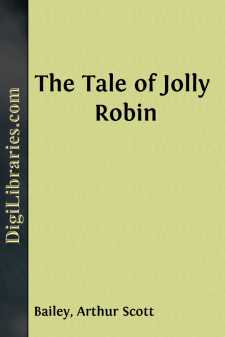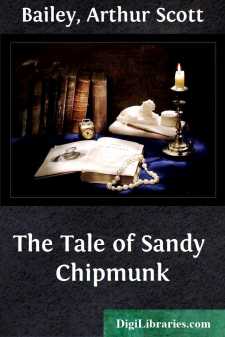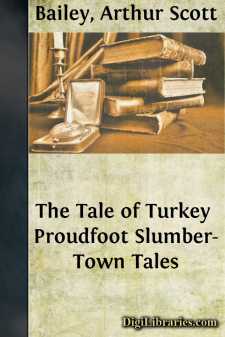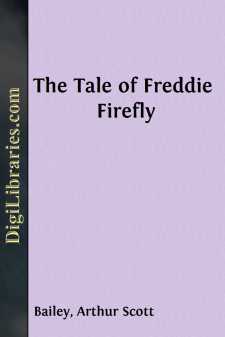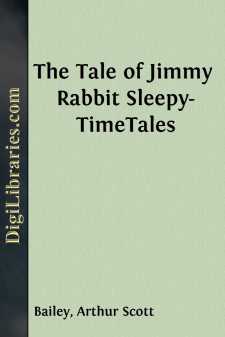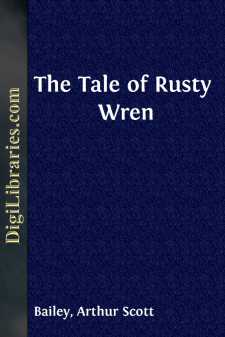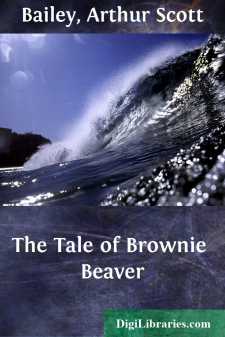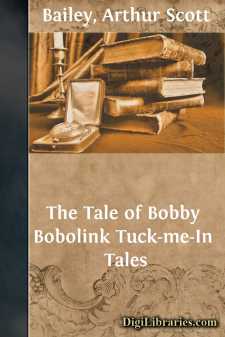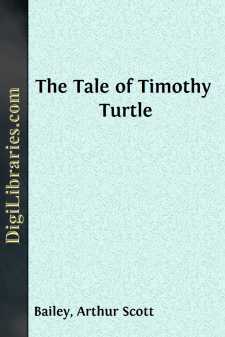Categories
- Antiques & Collectibles 13
- Architecture 36
- Art 48
- Bibles 22
- Biography & Autobiography 813
- Body, Mind & Spirit 142
- Business & Economics 28
- Children's Books 17
- Children's Fiction 14
- Computers 4
- Cooking 94
- Crafts & Hobbies 4
- Drama 346
- Education 46
- Family & Relationships 57
- Fiction 11829
- Games 19
- Gardening 17
- Health & Fitness 34
- History 1377
- House & Home 1
- Humor 147
- Juvenile Fiction 1873
- Juvenile Nonfiction 202
- Language Arts & Disciplines 88
- Law 16
- Literary Collections 686
- Literary Criticism 179
- Mathematics 13
- Medical 41
- Music 40
- Nature 179
- Non-Classifiable 1768
- Performing Arts 7
- Periodicals 1453
- Philosophy 64
- Photography 2
- Poetry 896
- Political Science 203
- Psychology 42
- Reference 154
- Religion 513
- Science 126
- Self-Help 84
- Social Science 81
- Sports & Recreation 34
- Study Aids 3
- Technology & Engineering 59
- Transportation 23
- Travel 463
- True Crime 29
The Tale of Jolly Robin
Categories:
Description:
Excerpt
NESTLINGS
Of course, there was a time, once, when Jolly Robin was just a nestling himself. With two brothers and one sister—all of them, like him, much spotted with black—he lived in a house in one of Farmer Green’s apple trees.
The house was made of grass and leaves, plastered on the inside with mud, and lined with softer, finer grass, which his mother had chosen with the greatest care.
But Jolly never paid much attention to his first home. What interested him more than anything else was food. From dawn till dark, he was always cheeping for something to eat. And since the other children were just as hungry as he was, those four growing babies kept their parents busy finding food for them. It was then that Jolly Robin learned to like angleworms. And though he ate greedily of insects and bugs, as well as wild berries, he liked angleworms best.
Jolly and his sister and his brothers could always tell when their father or their mother brought home some dainty, because the moment the parent lighted upon the limb where the nest was built they could feel their home sink slightly, from the added weight upon the branch.
Then the youngsters would set up a loud squalling, with a great craning of necks and stretching of orange-colored mouths.
Sometimes, when the dainty was specially big, Mr. or Mrs. Robin would say, “Cuck! cuck!” That meant “Open wide!” But they seldom found it necessary to give that order.
Somehow, Jolly Robin managed to eat more than the rest of the nestlings. And so he grew faster than the others. He soon learned a few tricks, too. For instance, if Mrs. Robin happened to be sitting on the nest, to keep her family warm, when Mr. Robin returned with a lunch for the children, Jolly had a trick that he played on his mother, in case she didn’t move off the nest fast enough to suit him.
He would whisper to the rest of the children. And then they would jostle their fond parent, lifting her up above them, and sometimes almost upsetting her, so that she had hard work to keep from falling off the nest.
Mrs. Robin did not like that trick very well. But she knew that Jolly would not annoy her with it long. Indeed, he was only eleven days old when he left his birthplace and went out into the wide world.
You see, the young folk grew so fast that they soon more than filled the house. So there was nothing their parents could do but persuade them to leave home and learn to fly.
One day, therefore, Mr. Robin did not bring his children’s food to the edge of the nest and drop it into their mouths. Instead, he stood on the limb a little distance away from them and showed them a plump angleworm.
The sight of that dainty was more than Jolly Robin could resist. He scrambled boldly out of the nest; and tottering up to his father on his wobbling legs, he snatched the tempting morsel out of his proud parent’s bill.
Jolly never went back to the nest after that. The next day Mrs. Robin coaxed the other children from home in the same fashion. And though it may seem a heartless act, it was really the best thing that could have happened to Jolly and his sister and his brothers....


